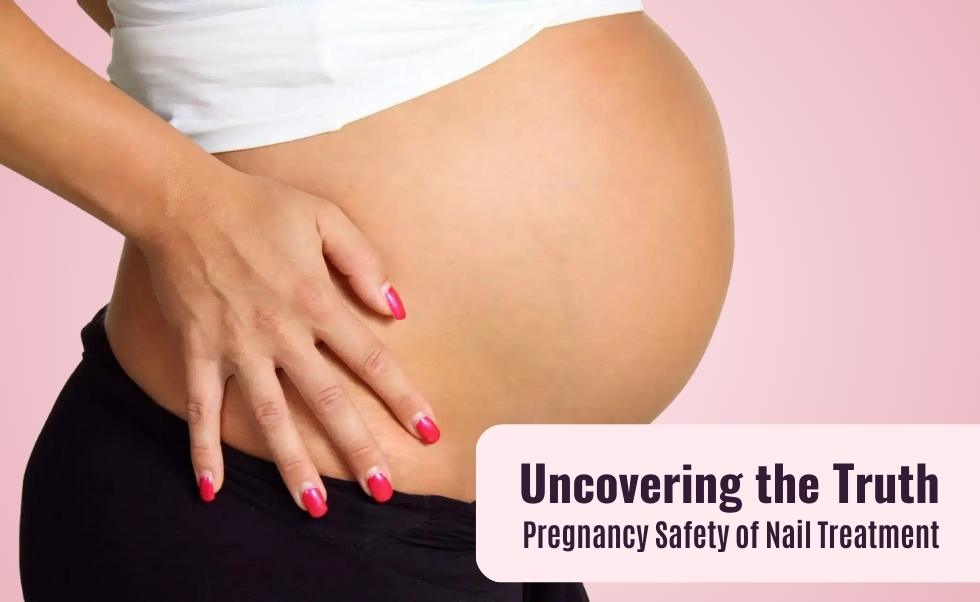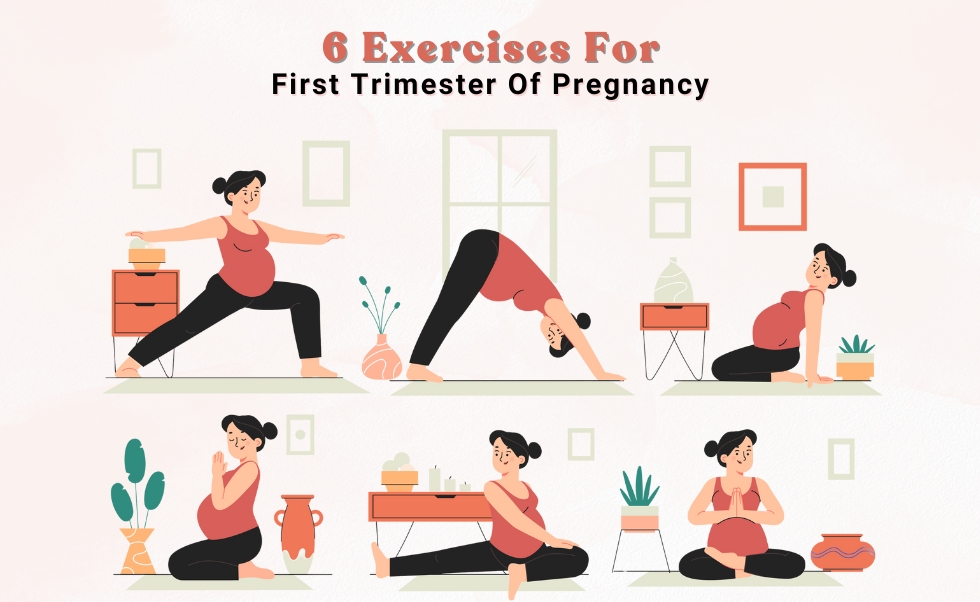Becoming a mother is an exciting and life-changing experience, and preparing your body for pregnancy is crucial to ensuring a healthy journey. A pre-pregnancy check-up can help identify any potential health issues, guide lifestyle changes, and set the stage for a healthy pregnancy. Here’s a detailed guide to what you can expect during your pre-pregnancy check-up and why it’s essential for current and future mothers.
Why a Pre-Pregnancy Check-Up is Important

A pre-pregnancy check-up assesses your overall health and identifies any medical conditions that could affect your pregnancy. This proactive approach allows you to address potential issues before they become problems during pregnancy. It’s an opportunity to optimize your health, get answers to your questions, and prepare physically and mentally for the journey ahead.
What to Expect During Your Pre-Pregnancy Check-Up
1. Medical History Review
Your OB-GYN will start by reviewing your medical history, including:
- Past pregnancies: Any complications or issues from previous pregnancies.
- Medical conditions: Chronic illnesses like diabetes, hypertension, or thyroid disorders.
- Medications: Current medications, supplements, and their safety during pregnancy.
- Family history: Genetic conditions or hereditary diseases that could affect your pregnancy.
2. Physical Examination
A thorough physical examination will be conducted to check your overall health. This includes:
- Weight and BMI: Assessing your weight and body mass index to determine if you are at a healthy weight for pregnancy.
- Blood pressure: Monitor your blood pressure, as high blood pressure can lead to complications.
- Pelvic exam: Checking for any abnormalities in your reproductive organs.
3. Laboratory Tests
Various tests may be ordered to get a comprehensive understanding of your health:
- Blood tests check for anemia, blood type, Rh factor, and immunity to diseases like rubella and chickenpox.
- Urine tests: To detect infections or underlying conditions.
- Screening for STIs: Identifying and treating sexually transmitted infections before pregnancy.
4. Vaccinations
Ensuring you are up-to-date on vaccinations is crucial. Your OB-GYN will check your immunization records and may recommend vaccines for:
- Rubella (German measles)
- Varicella (chickenpox)
- Hepatitis B
- Influenza: Especially important during flu season.
5. Lifestyle and Dietary Counseling
Your lifestyle and diet play a significant role in a healthy pregnancy. Your OB-GYN will discuss:
- Dietary changes: Emphasizing a balanced diet rich in folic acid, iron, calcium, and other essential nutrients.
- Exercise: Recommending a suitable exercise regimen to maintain a healthy weight and reduce stress.
- Avoiding harmful substances: Advising you to avoid alcohol, tobacco, and recreational drugs.
- Managing chronic conditions: Providing strategies to manage conditions like diabetes or hypertension.
6. Prenatal Vitamins
Starting prenatal vitamins before conception can help ensure your body has the necessary nutrients to support a healthy pregnancy. Folic acid is particularly important as it helps prevent neural tube defects in the developing fetus.
7. Mental Health Assessment
Your emotional well-being is just as important as your physical health. Your OB-GYN will assess your mental health and discuss any concerns you might have. Managing stress and anxiety through counseling or therapy can be beneficial.
8. Fertility Awareness
Understanding your menstrual cycle and ovulation patterns can improve your chances of conception. Your OB-GYN may provide information on tracking ovulation and identifying your most fertile days.
9. Genetic Counseling
If there are concerns about genetic disorders, your OB-GYN may recommend genetic counseling. This involves discussing your family history and possibly undergoing genetic testing to assess the risk of passing on hereditary conditions.
10. Preparing for a Healthy Pregnancy
Your OB-GYN will provide a personalized plan to help you prepare for pregnancy. This might include:
- Timing of conception: Discussing the optimal time for conception based on your health and personal circumstances.
- Healthy habits: Encouraging habits that promote a healthy pregnancy, such as regular exercise, proper nutrition, and adequate sleep.
- Education: Providing resources and information about what to expect during pregnancy and how to care for yourself and your baby.
A pre-pregnancy check-up is a vital step towards a healthy and successful pregnancy. It allows you to address any health issues, receive valuable advice, and prepare your body for the demands of pregnancy. By taking this proactive approach, you can increase your chances of a healthy pregnancy and baby. Whether planning your first pregnancy or expanding your family, schedule a pre-pregnancy check-up with your OB-GYN to ensure you are on the right path to motherhood.
Remember, preparing for pregnancy is about physical readiness and mental and emotional preparation. Take this time to focus on your overall well-being, seek support from your loved ones, and look forward to the incredible journey ahead.







